Cruise LLC, GM’s autonomous vehicle arm, continues to feel the impact of an October 2 crash that nearly killed a pedestrian in San Francisco. The robotaxi company will eliminate a quarter of its workforce in a bid to move onto “a more deliberate path with safety as the north star.” That includes nine senior executives cited in an ongoing safety investigation.”
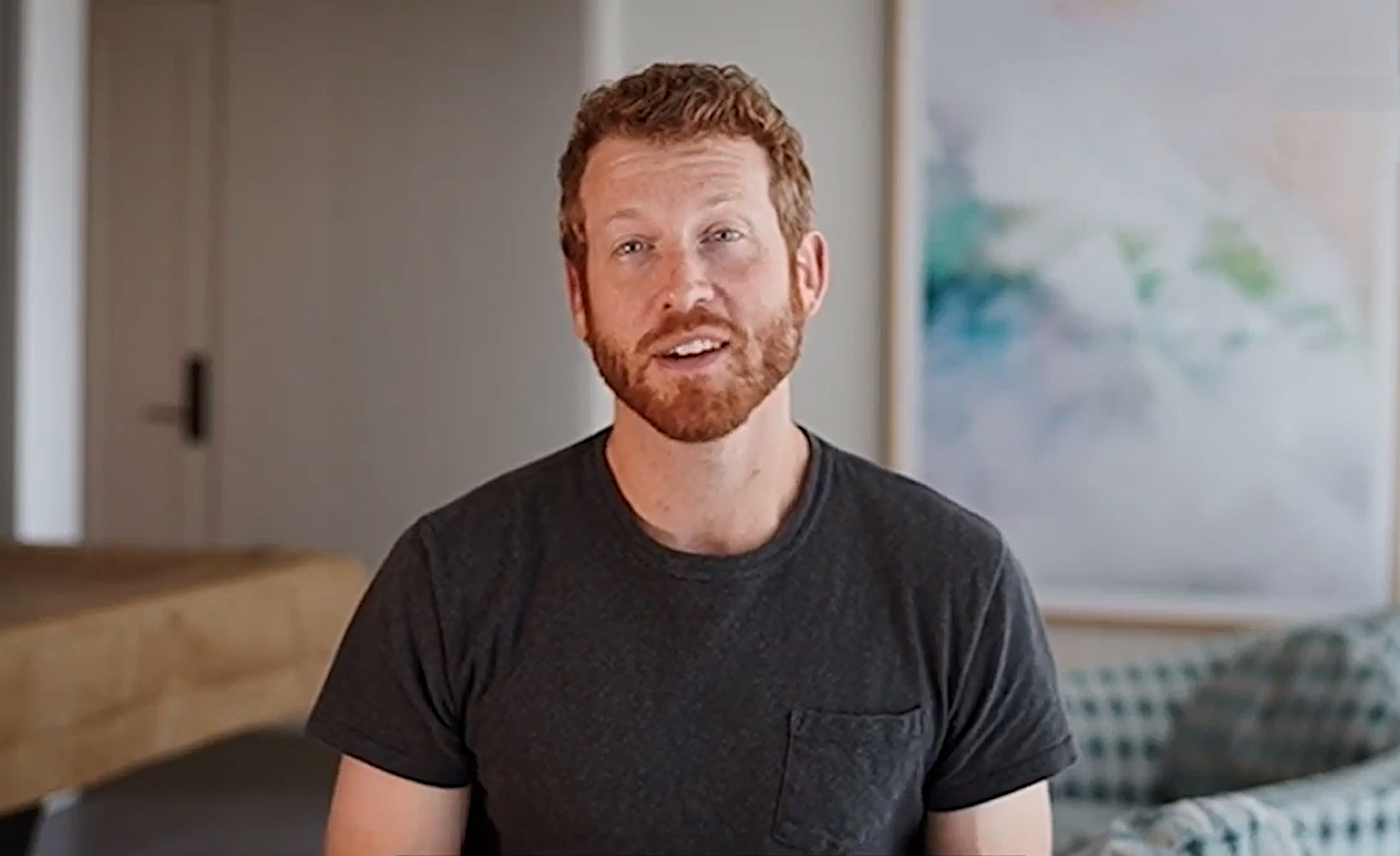
Cruise founder Kyle Vogt resigned shortly after a full video was released showing how the Cruise robocab started up and dragged a pedestrain pinned underneath.
San Francisco-based Cruise will eliminate 900 of its 3,800 current positions as part of an ongoing shake-up triggered by a near-fatal October crash involving one of its robotaxis.
The layoffs will focus primarily on workers in commercial operations and other corporate function, as well as “contingent workers who support our driverless operations,” Cruise said in a statement.
Separately, nine senior executive have also been terminated as a result of a probe into the October 2 incident which saw a San Francisco pedestrian tossed in front of a Cruise vehicle by a hit-and-run driver. While the robocab initially stopped after striking the pedestrian it soon started up again, dragging the woman 20 feet while she was pinned underneath.
Caught in the act
The company initially released a video showing the robocab quickly stopping after the initial impact, it only later revealed a recording of the full incident. That resulted in California regulators suspending Cruise’s license to operate on public roads.
Weeks later, both CEO Kyle Vogt and co-founder Dan Kan both resigned. A Cruise spokesperson said that among those now being dismissed are Jeff Bleich, the company’s chief legal and policy officer, as well as David Estrada, its senior vice president of government affairs.
The move “reflects our new future and a more deliberate go-to-market path, meaning less immediate need for field, commercial operations and corporate staffing,” Cruise said in a statement.
“A necessary step”
In a separate statement, Cruise parent General Motors said, “The personnel decisions made today are a necessary step for Cruise to move forward as it focuses on accountability, trust and transparency.”
Late last month, GM announced plans to trim its investment in Cruise, though it didn’t reveal specific financial numbers. It also said it was putting on hold development of the Cruise Origin, a toaster-shaped driverless robocab originally set to go into production next year. Origin was going to replace the modified Chevrolet Bolt EVs that Cruise had been using in San Francisco and nine other cities.
Cruise has been a consistent money loser since GM acquired it in 2016 for a reported $2 billion. It lost over $700 million during the third quarter alone, and $8 billion over the last seven years.
Increased focus on safety
“GM supports the difficult employment decisions made by Cruise as it reflects their more deliberate path forward, with safety as the north star,” a GM spokesman told the Reuters news service on Thursday.
The October crash underscored concerns raised by safety advocates, as well as a number of community leaders in San Francisco who opposed the move by California state regulators over the summer to allow Cruise to expand its driverless robocab operations.
City Attorney David Chiu said the decision to suspend Cruise’s operating license “vindicates the significant public safety concerns raised by the City.”
More Cruise and autonomous vehicle troubles
GM scales back investment in Cruise, delays Origin robocab
Cruise CEO resigns in wake of pedestrian crash
Tesla recalls 2 million EVs to fix Autopilot
More troubles ahead
The latest moves by Cruise and GM highlight the headaches the robocab company is facing – but there could be more trouble ahead. A state investigation could see the company hit with as much as $1.5 million in fines for initial misleading regulators over the details of the October 2 crash. An investigation by the National Highway Traffic Safety Administration could lead to further fines and sanctions.
It’s not clear when Cruise might be allowed to resume testing its driverless vehicle technology on public roads again. And it’s also uncertain whether it might have to delay, even cancel, a planned launch of the Origin to anchor robocab service in Tokyo. Scheduled to begin in 2026, that expansion was backed by Honda which has become one of several junior partners at Cruise.
GM isn’t the only automaker dealing with problems involving the development of autonomous vehicle technology. NHTSA and Tesla announced this week a recall of 2 million Tesla products – virtually all of the EVs it’s sold in the U.S. – due to defects with the Autopilot system.
The agency could have ordered Tesla to disable the technology and stop selling both Autopilot and the more advanced Full Self-Driving system. But California regulators are currently in the midst of an investigation that could cause more trouble for Tesla related to those two technologies, possibly even a ban on the automaker selling vehicles in the state.


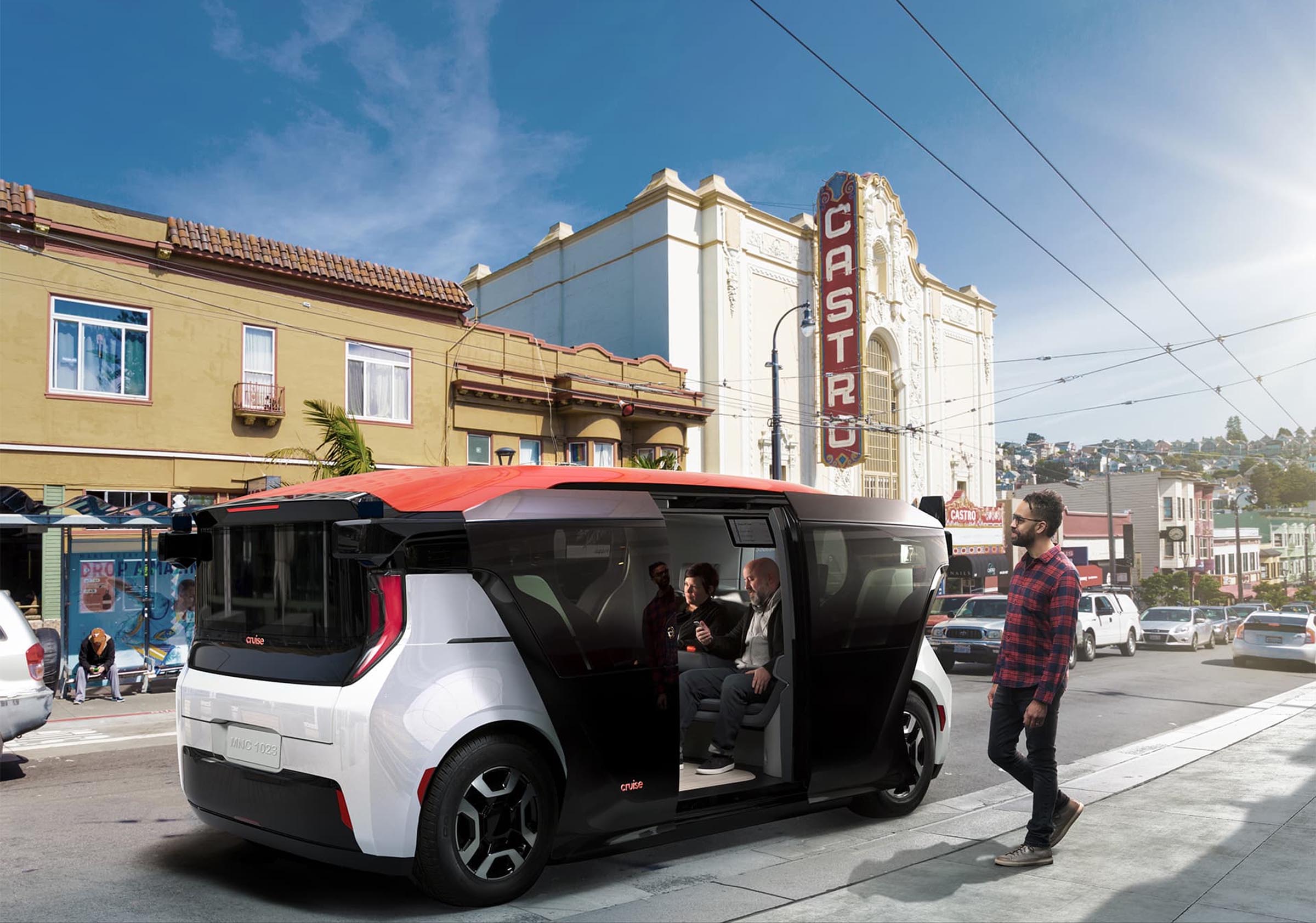
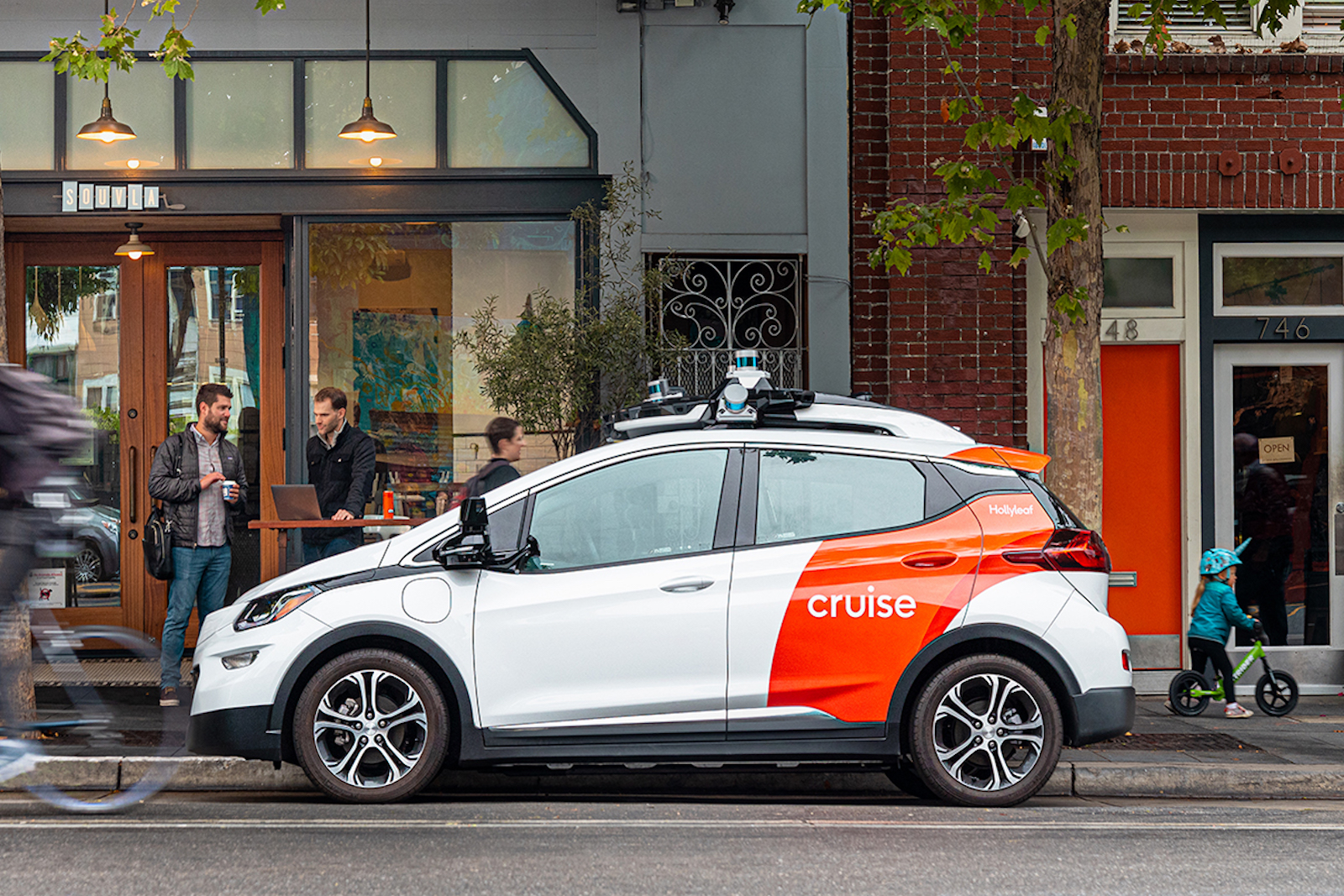
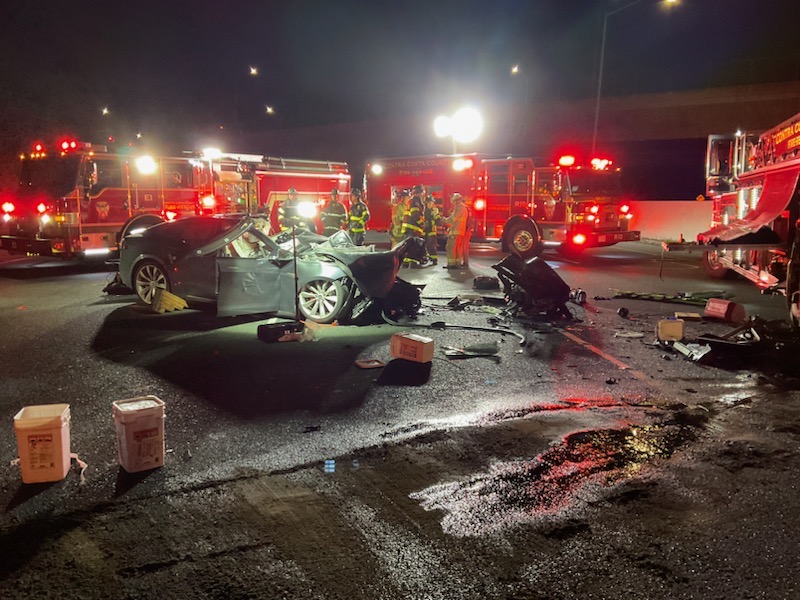
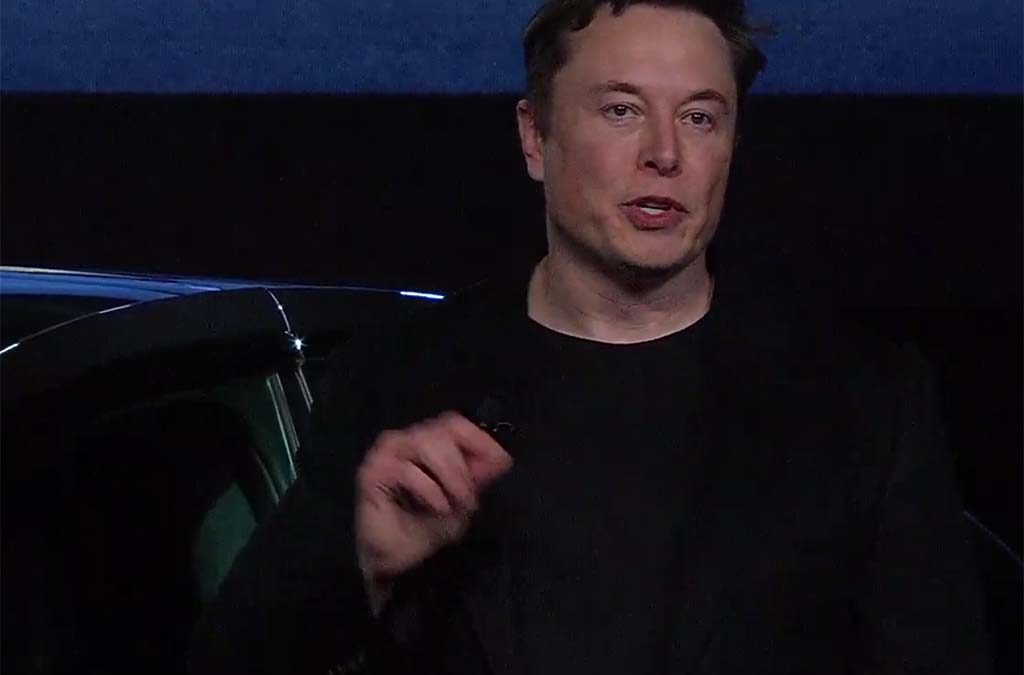
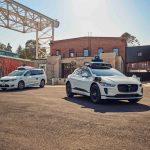
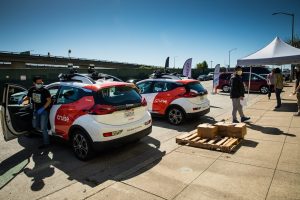
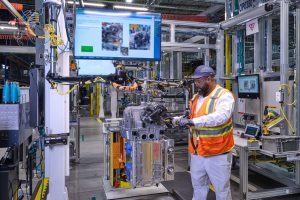
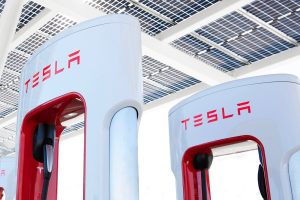
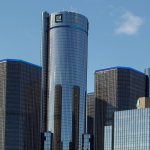
0 Comments